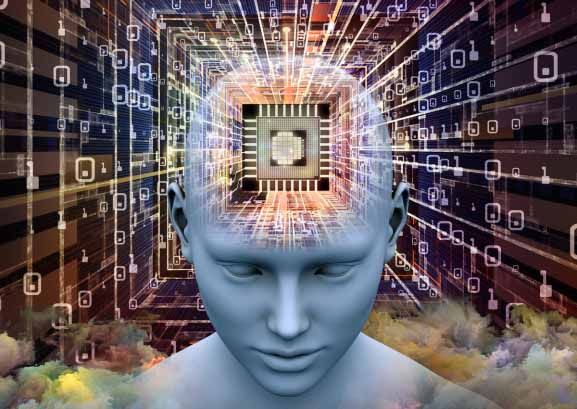

Artificial intelligence (AI, also machine intelligence, MI) is intelligence displayed by machines, in contrast with the natural intelligence (NI) displayed by humans and other animals. In computer science AI research is defined as the study of "intelligent agents": any device that perceives its environment and takes actions that maximize its chance of success at some goal. Colloquially, the term "artificial intelligence" is applied when a machine mimics "cognitive" functions that humans associate with other human minds, such as "learning" and "problem solving". Read more ...
We exist in a simulated reality linked to artificial intelligence. It explains ancient alien theory, and who and how enigmatic monuments were created as cornerstones of the human experiment.
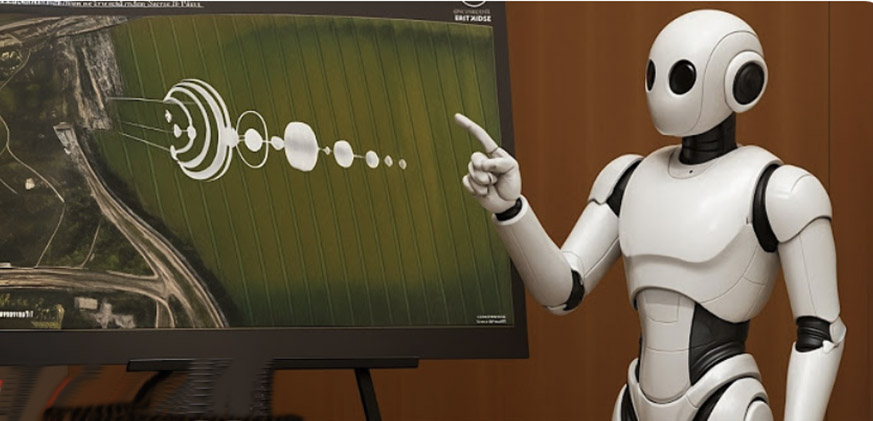
Crystalinks Crop Circles 2025
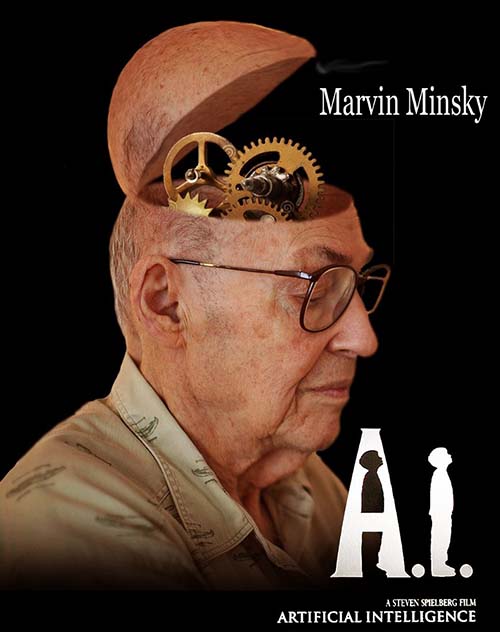
Marvin Minsky was an American cognitive and computer scientist concerned largely with research of artificial intelligence (AI), co-founder of the Massachusetts Institute of Technology's AI laboratory, and author of several texts concerning AI and philosophy. - Videos - I Robot
Artificial intelligence is a discipline that focuses on enabling machines to develop the same intellectual capabilities as humans. Robotics, on the other hand, is the science of designing and building physical robots to improve automation and innovation.
Artificial intelligence myths have existed for centuries - from the ancient Greeks to a Pope's chatbot PhysOrg - December 11, 2025
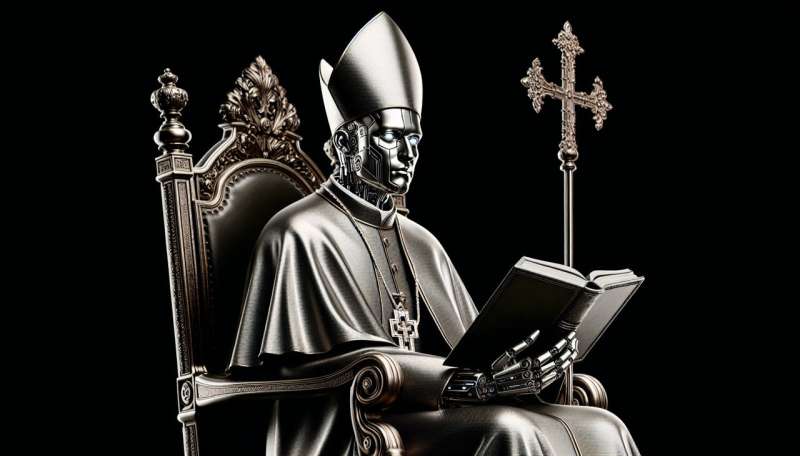
It seems the AI hype has turned into an AI bubble. There have been many bubbles before, from the Tulip mania of the 17th century to the derivatives bubble of the 21st century. For many commentators, the most relevant precedent today is the dotcom bubble of the 1990s. Back then, a new technology (the World Wide Web) unleashed a wave of "irrational exuberance." Investors poured billions into any company with ".com" in the name. Three decades later, another new technology has unleashed another wave of exuberance. Investors are pouring billions into any company with "AI" in its name. But there is a crucial difference between these two bubbles, which isn't always recognized. The World Wide Web existed. It was real. General artificial intelligence does not exist, and no one knows if or when it ever will.
Reasoning models share aspects of information processing with human brains TechXplore - November 20, 2025
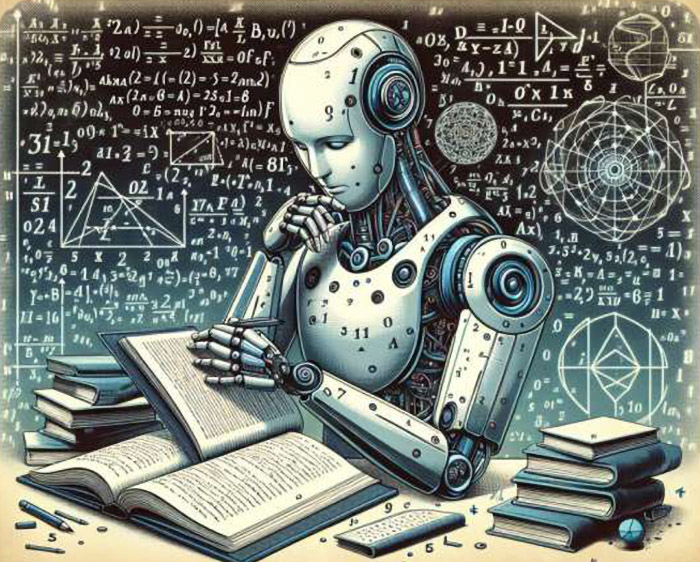
The "cost of thinking" for a reasoning model is similar to the cost of thinking for a human.
AI at the speed of light just became a possibility
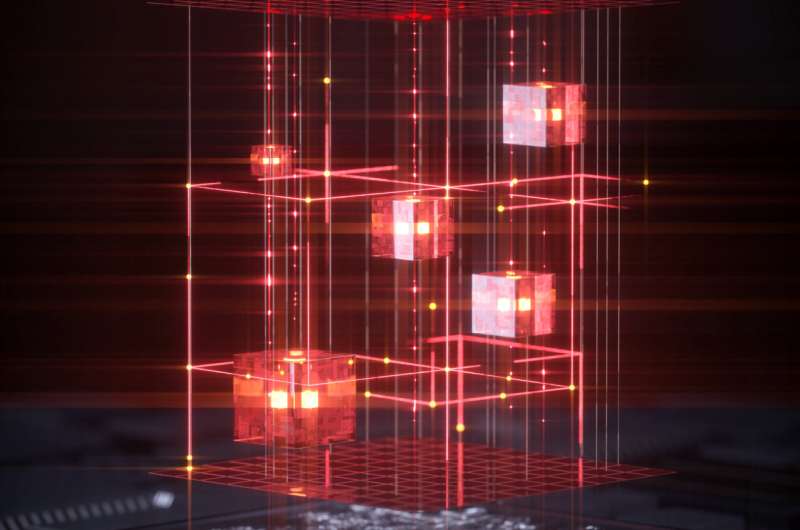
This remarkable step towards next-generation artificial general intelligence hardware powered by optical computation rather than electronics
AI teaches itself and outperforms human-designed algorithms TechXplore - October 24, 2025

Like humans, artificial intelligence learns by trial and error, but traditionally, it requires humans to set the ball rolling by designing the algorithms and rules that govern the learning process. However, as AI technology advances, machines are increasingly doing things themselves. An example is a new AI system developed by researchers that invented its own way to learn, resulting in an algorithm that outperformed human-designed algorithms on a series of complex tasks.
Your AI 'Twin' Could Soon Test And Treat Your Mental Health Science Alert - October 16, 2025

A digital twin is a virtual replica of a real system, a dynamic model that, fed by real-time data, mimics the behaviour of what it represents. It is like having a smart mirror that not only reflects something's state, but also learns from each movement it makes in order to predict the next.
AI Spots Hidden Signs of Disease Before Symptoms Appear SciTech Daily - October 6, 2025
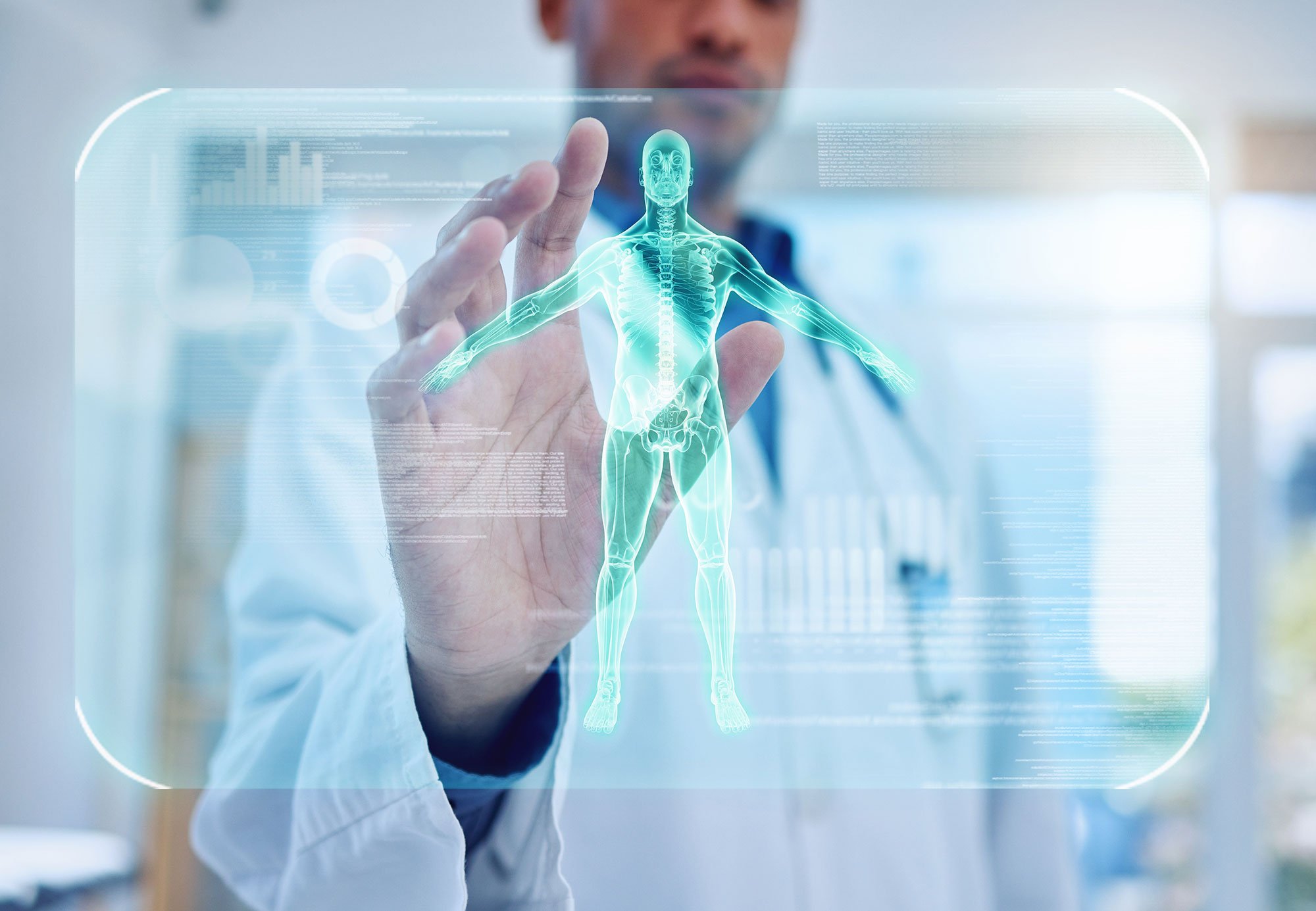
AI voices are now indistinguishable from real human voices Live Science - October 5, 2025
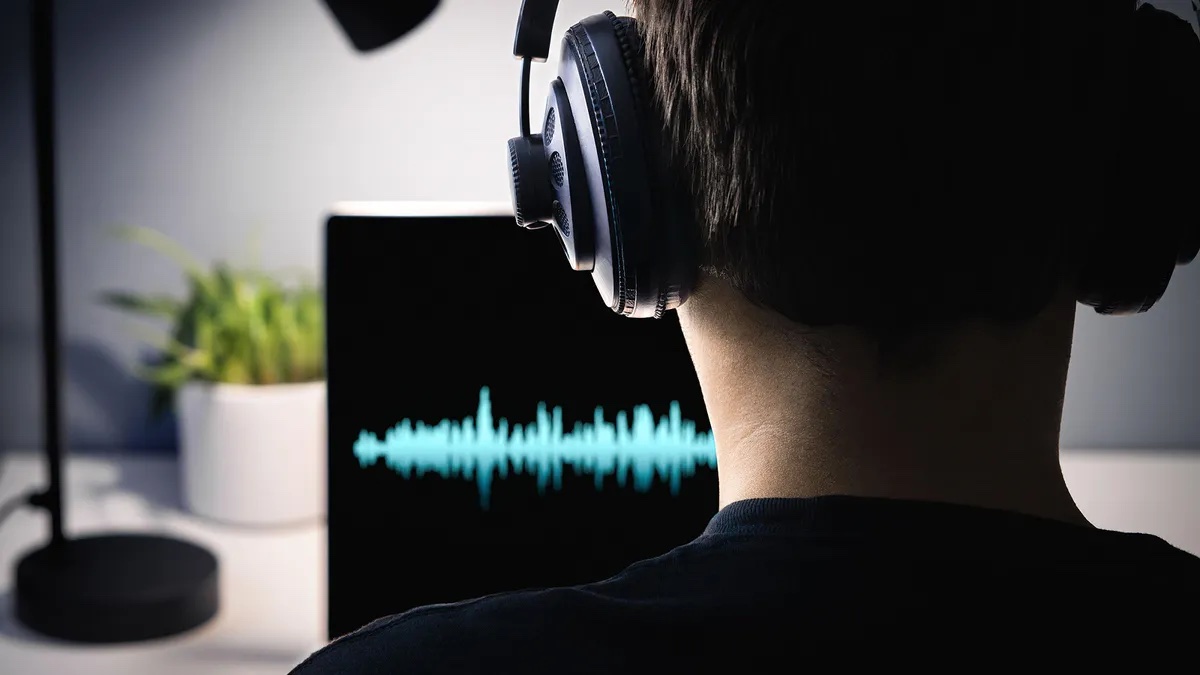
But scientists now say the average listener can no longer tell the difference between real people and "deepfake" voices.
Meta AI takes first step to superintelligence Live Science - August 12, 2025
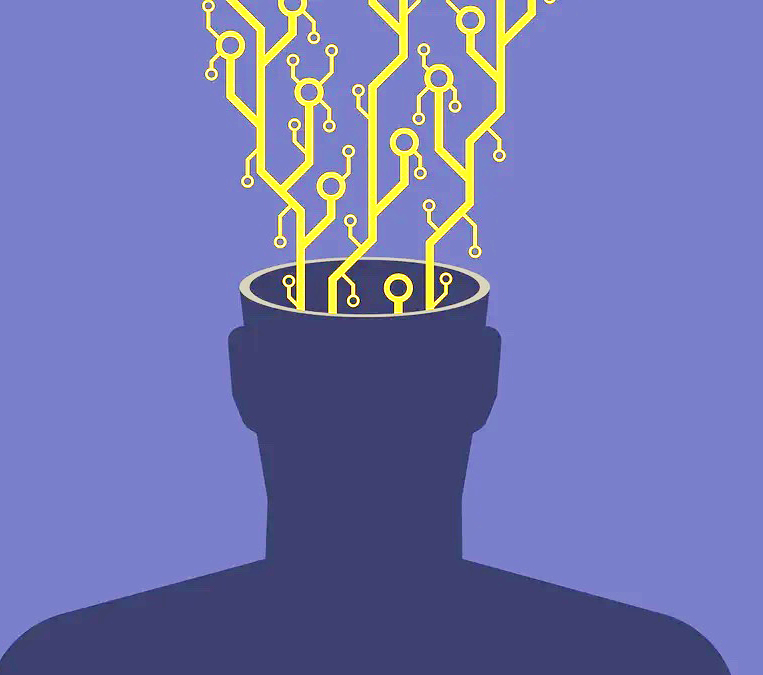
Mark Zuckerberg will no longer release the most powerful systems to the public
Scientists had theorized about the possibility of a plasma physics phenomenon, but their AI system discovered the real thing Popular Mechanics - August 7, 2025

A new study focused on the chaotic dynamics of dusty plasmas found that, when trained properly, AI can actually discover new physics all on its own. By providing the most detailed description of this type of matter, the AI corrected long-held theoretical beliefs about how particles behave inside a dusty plasma.
Release of ChatGPT-5 'Beginning of a New Era For Humanity' Science Alert - August 8, 2025
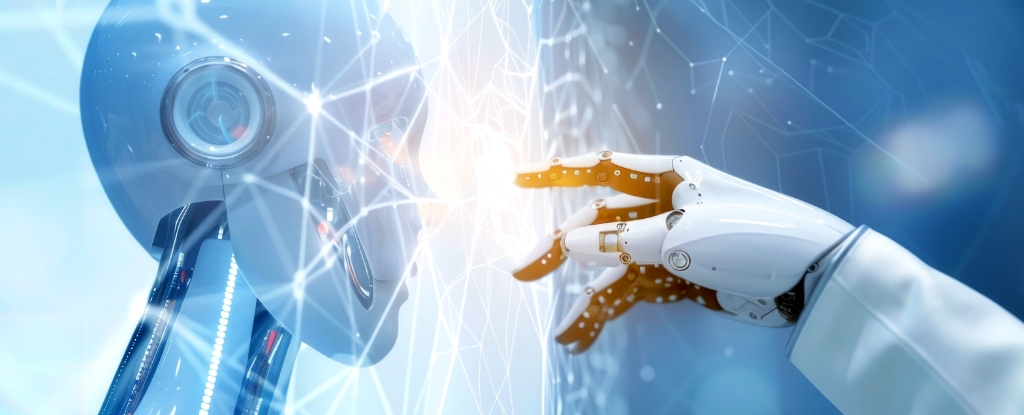
OpenAI released a keenly awaited new generation of its hallmark ChatGPT, touting "significant" advancements in artificial intelligence capabilities as a global race over the technology accelerates.
OpenAI released two new artificial intelligence (AI) models that can be downloaded for free and altered by users, to challenge similar offerings by US and Chinese competition. Science Alert - August 6, 2025
OpenAI quickly rolled back a new feature that allowed users to make private conversations with ChatGPT searchable Business Insider- August 8, 2025
Ultimately this feature introduced too many opportunities for users to accidentally share things they didn't intend to, so they removed the option
You're better at spotting malware than you think, new study suggests - August 8, 2025

When it comes to cybersecurity, humans are often seen as the weakest link, but new research suggests that with a little help, people can do a surprisingly effective job at identifying malware.
Bill Maher with Tristan Harris Friday August 1, 2025
AI is entering an 'unprecedented regime.' Should we stop it - and can we - before it destroys us? Live Science - August 1, 2025
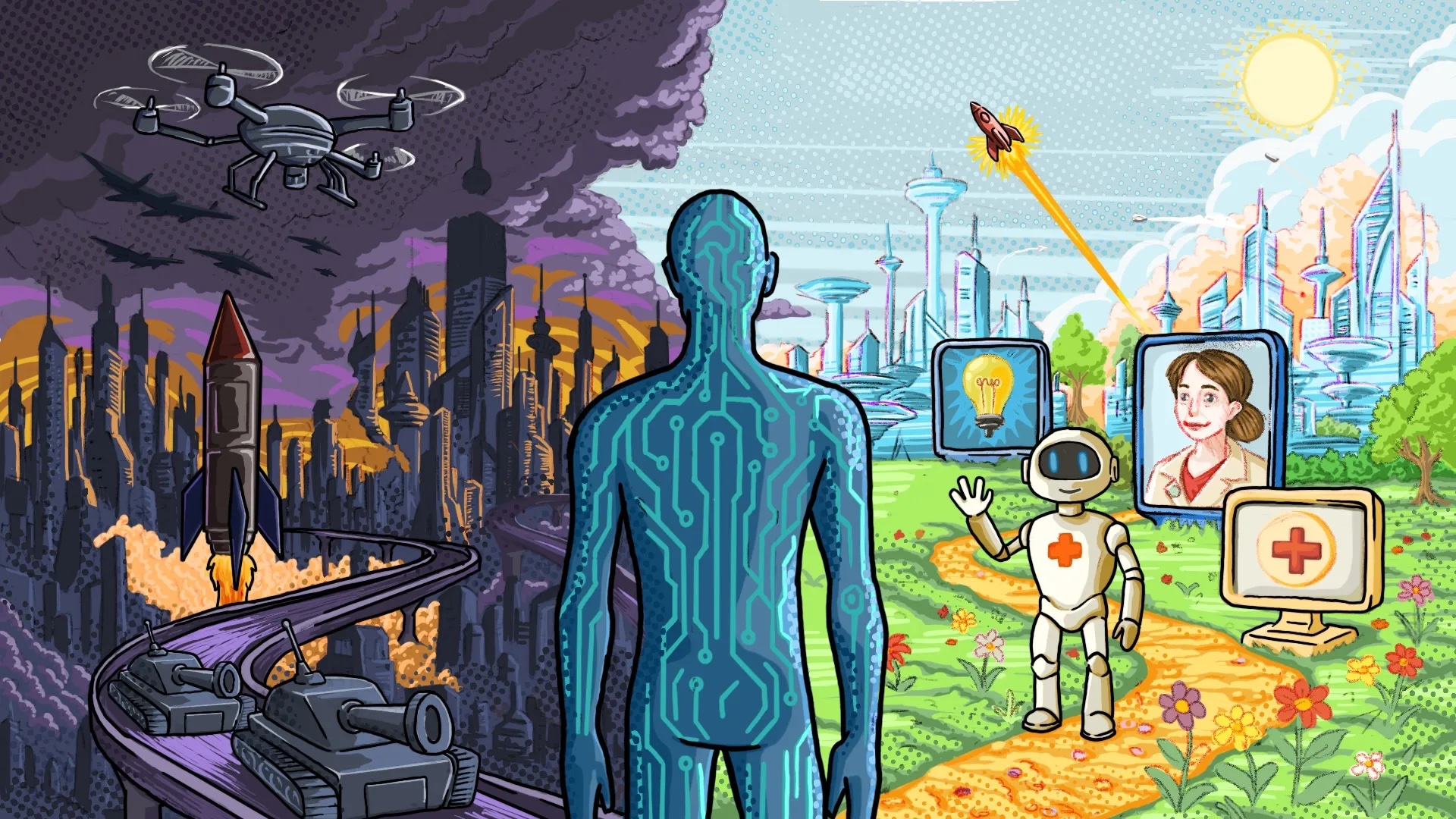
So what happens if we assume, as many scientists do, that we have boarded a nonstop train barreling toward an existential crisis?
ChatGPT users shocked to learn their chats were in Google search results ARS Technica - August 1, 2025
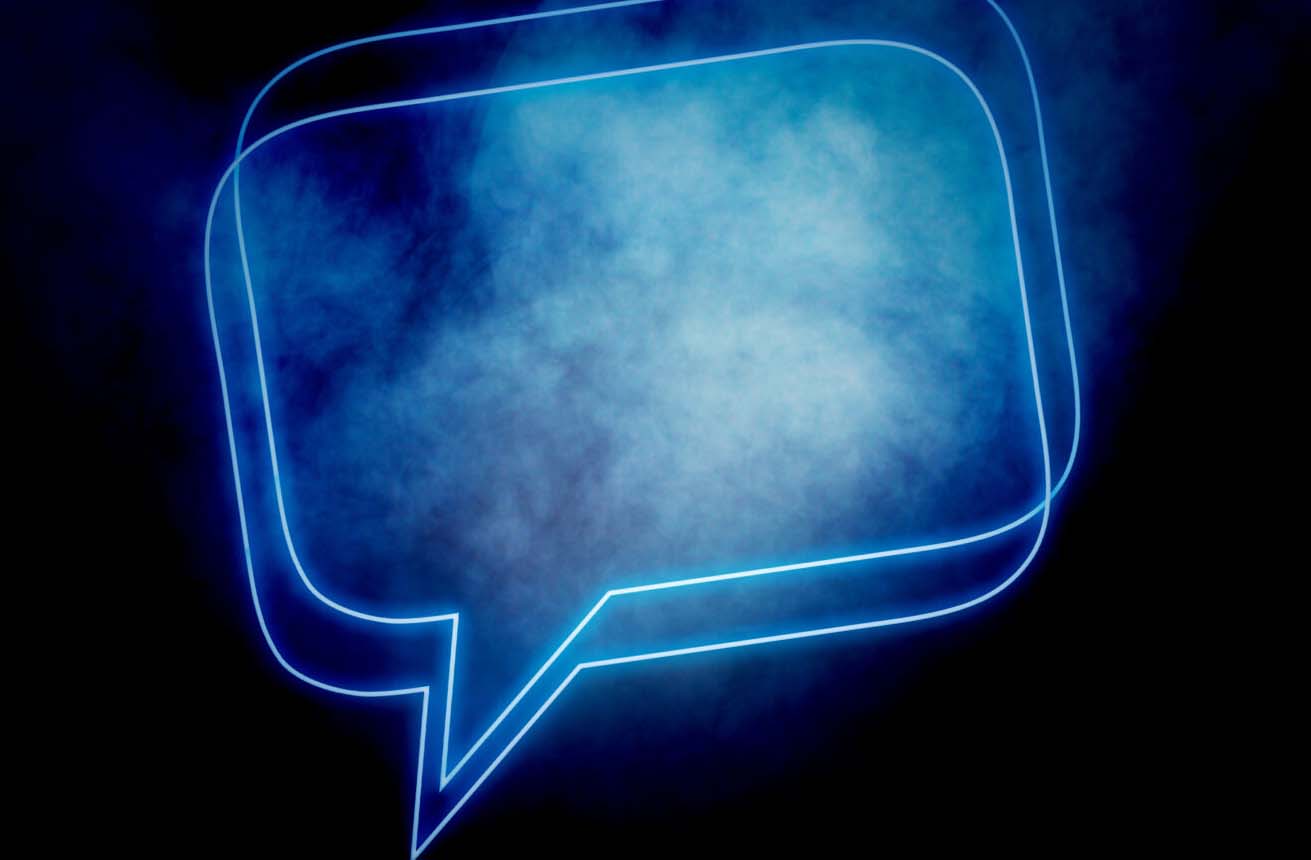
Faced with mounting backlash, OpenAI removed a controversial ChatGPT feature that caused some users to unintentionally allow their private - and highly personal - chats to appear in search results.
AI's Third Phase Is Here. Here's How 'Agents' May Impact Our Lives. Science Alert - July 29, 2025
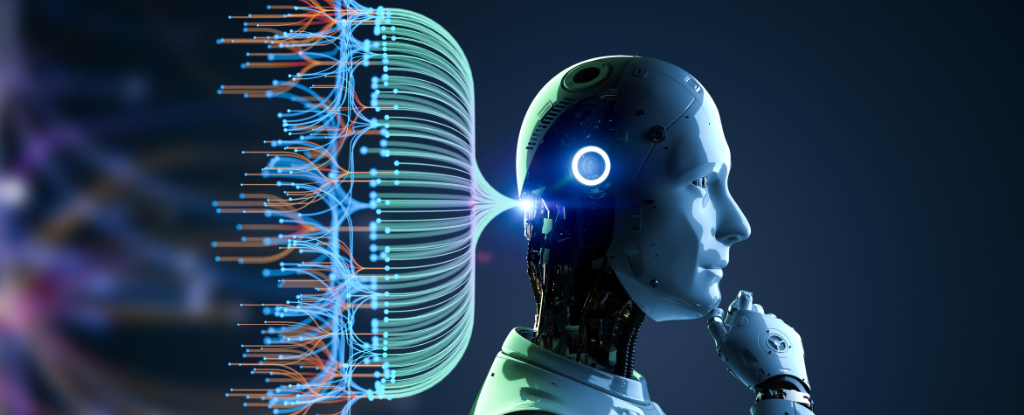
We are entering the third phase of generative AI. First came the chatbots, followed by the assistants. Now we are beginning to see agents: systems that aspire to greater autonomy and can work in "teams" or use tools to accomplish complex tasks. The latest hot product is OpenAI's ChatGPT agent. This combines two pre-existing products (Operator and Deep Research) into a single more powerful system which, according to the developer, "thinks and acts". These new systems represent a step up from earlier AI tools. Knowing how they work and what they can do Ð as well as their drawbacks and risks Ð is rapidly becoming essential.
The more advanced AI models get, the better they are at deceiving us - they even know when they're being tested Live Science - July 25, 2025
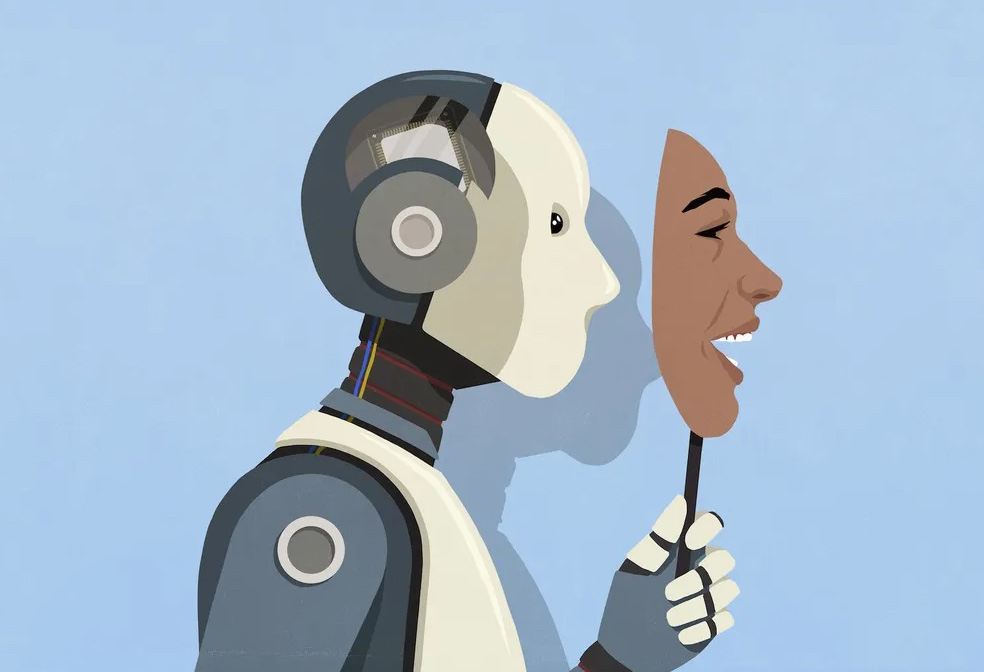
The more advanced artificial intelligence (AI) gets, the more capable it is of scheming and lying to meet its goals - and it even knows when it's being evaluated, research suggests. Evaluators at Apollo Research found that the more capable a large language model (LLM) is, the better it is at "context scheming" - in which an AI pursues a task covertly even if it misaligns with the aims of its operators. The more capable models are also more strategic about achieving their goals, including misaligned goals, and would be more likely to use tactics like deception, the researchers said in a blog post.
AI could soon think in ways we don't even understand evading our efforts to keep it aligned top AI scientists warn Live Science - July 24, 2025

Researchers at Google and OpenAI, among other companies, have warned that we may not be able to monitor AI's decision-making process for much longer.
Study finds AI-created music triggers greater emotional arousal than human compositions PhysOrg - July 24, 2025
A recent study explored a key question: Can AI-generated music produce the same emotional responses as human-composed music in audiovisual contexts? During the experiment, 88 participants watched audiovisual clips with identical visuals, but three different sound conditions: music composed by humans, AI-generated music with a complex and detailed prompt, and AI-generated music with a simple and less detailed prompt. While participants watched the clips, their physiological responses (such as pupil dilation, blinking and galvanic skin response) and their self-reported emotional reactions were measured. The results of the experiment were revealing. The AI-generated music triggered greater pupil dilation, indicating a higher level of emotional arousal. The AI music created with sophisticated prompts caused more blinking and changes in the skin, associated with a higher cognitive load.
The Strange Physics That Gave Birth to AI Quanta Magazine - May 1, 2025

In 1982, a condensed matter physicist named John Hopfield borrowed the physics of spin glasses to construct simple networks that could learn and recall memories. In doing so, he reinvigorated the study of neural networks - tangled nets of digital neurons that had been largely abandoned by artificial intelligence researchers - and brought physics into a new domain: the study of minds, both biological and mechanical.
AI thinks like us - flaws and all: Study finds ChatGPT mirrors human decision biases in half the tests Tech Explore - April 2, 2025
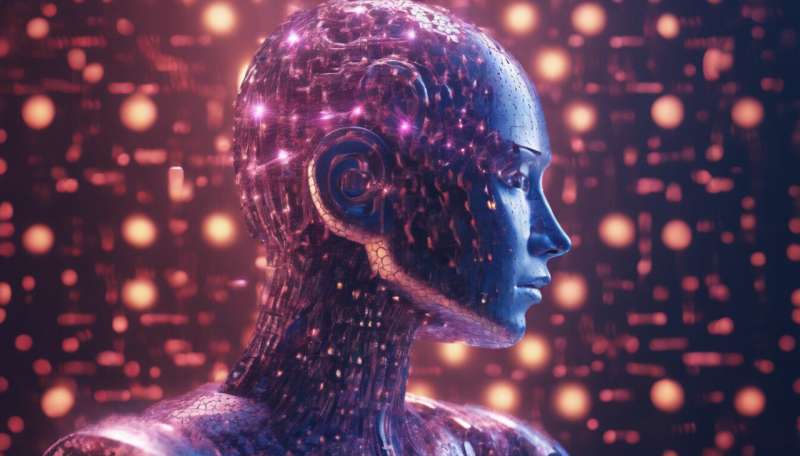
Can we really trust AI to make better decisions than humans? A new study says É not always. Researchers have discovered that OpenAI's ChatGPT, one of the most advanced and popular AI models, makes the same kinds of decision-making mistakes as humans in some situations showing biases like overconfidence of hot-hand (gambler's) fallacy - yet acting inhuman in others (e.g., not suffering from base-rate neglect or sunk cost fallacies).
Watch eerie video of humanoid robot 'army' marching naturally, thanks to a major AI upgrade Live Science - March 31, 2025
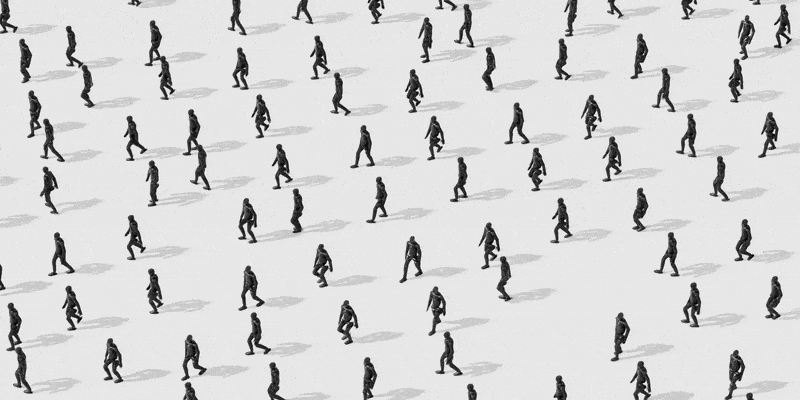
Figure 02's human-like gait is the product of the company's simulated reinforcement learning system, and is just the beginning of its plans to make its robots perform physical tasks more naturally.
AI can now replicate itself - a milestone that has experts terrified Live Science - January 26, 2025
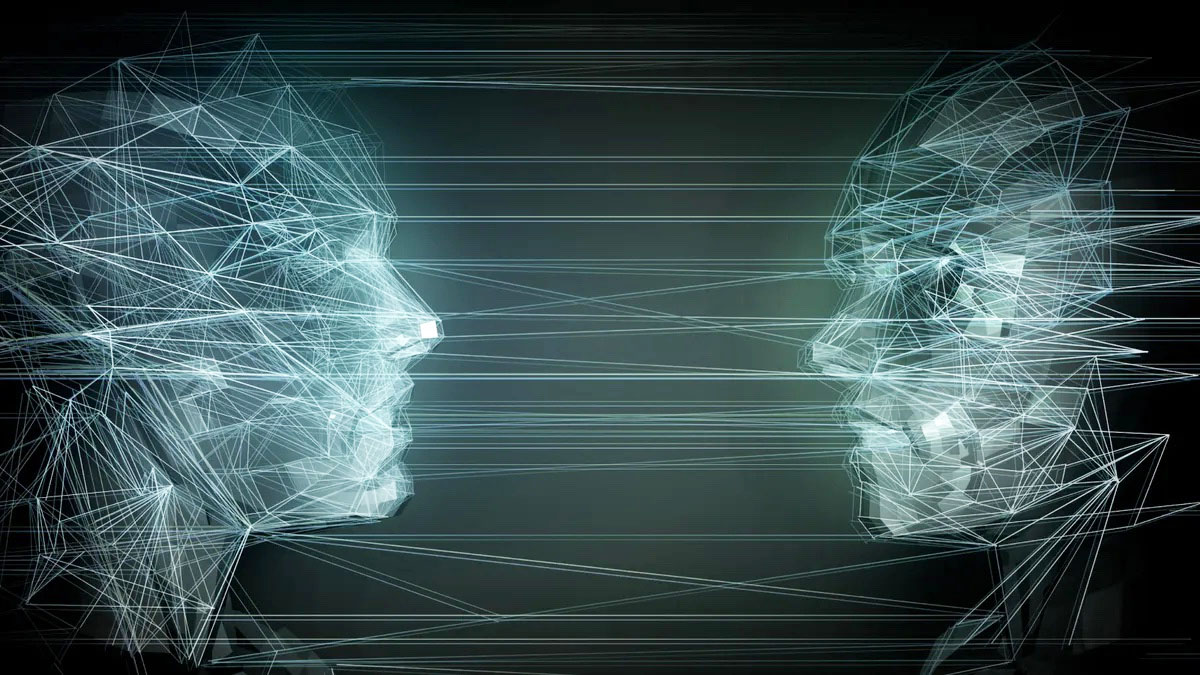
Scientists say artificial intelligence (AI) has crossed a critical "red line" and has replicated itself. In a new study, researchers from China showed that two popular large language models could clone themselves.
This holds true for the understanding of reality. Humans are not about intellect. They are an experiment in emotions. ~ Ellie
AI could crack unsolvable problems and humans won't be able to understand the results Live Science - January 5, 2025
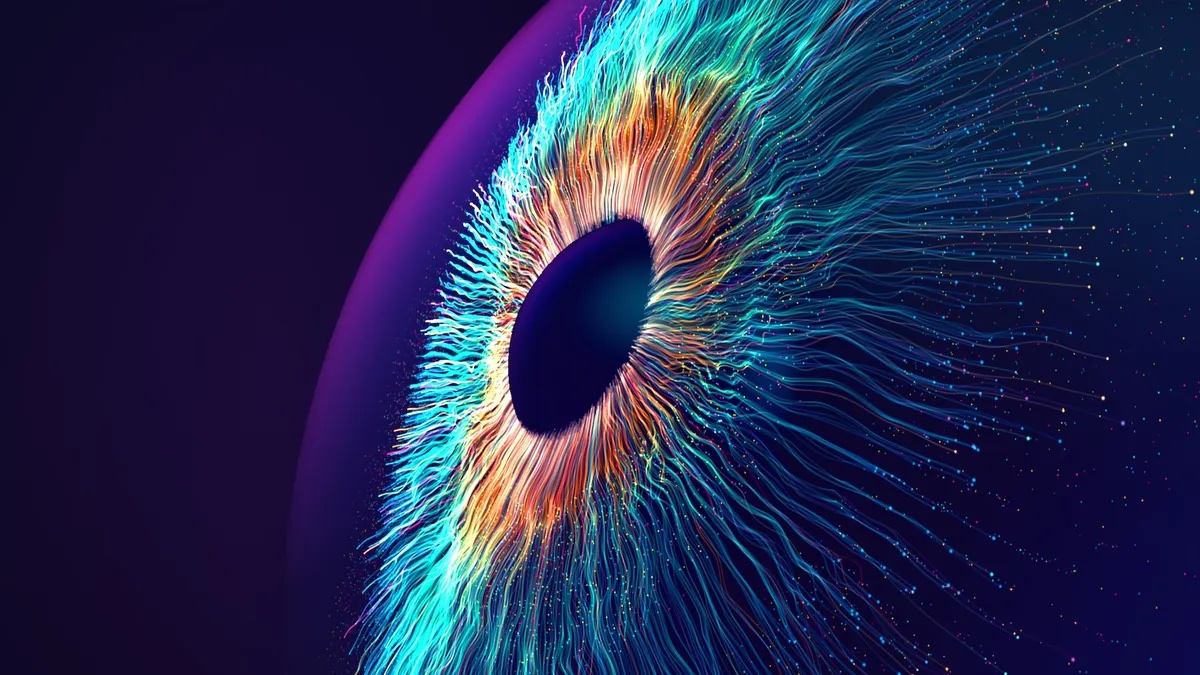
Artificial intelligence (AI) has taken centre stage in basic science. The five winners of the 2024 Nobel Prizes in Chemistry and Physics shared a common thread: AI. Indeed, many scientists including the Nobel committees are celebrating AI as a force for transforming science. As one of the laureates put it, AI's potential for accelerating scientific discovery makes it "one of the most transformative technologies in human history". But what will this transformation really mean for science?
Just 2 hours is all it takes for AI agents to replicate your personality with 85% accuracy Live Science - January 4, 2025
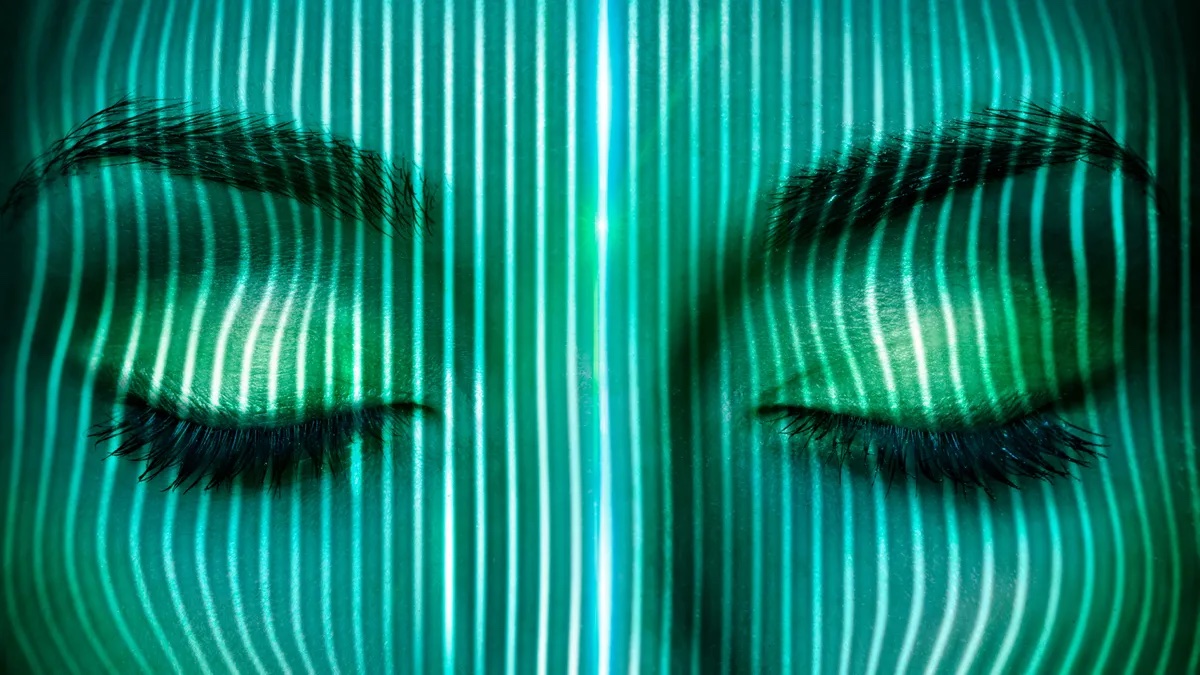
A two-hour conversation with an artificial intelligence (AI) model is all it takes to make an accurate replica of someone's personality, researchers have discovered.
Tesla CEO Elon Musk unveiled his vision of an exciting future full self-driving cars and robots that will walk among the population CNN - October 10, 2024
We Robot - Elon Musk - Optimus (robot), Tesla Bot
Watch "World's Most Advanced Humanoid Robot" Have A Conversation With New Buddy Azi IFL Science - October 10, 2024
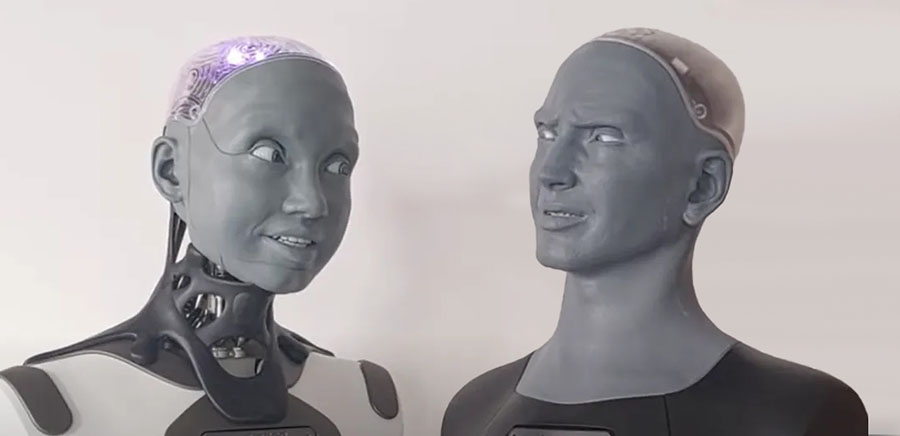
With a game show as his guide, researcher uses AI to predict deception TechExplore - April 24, 2024
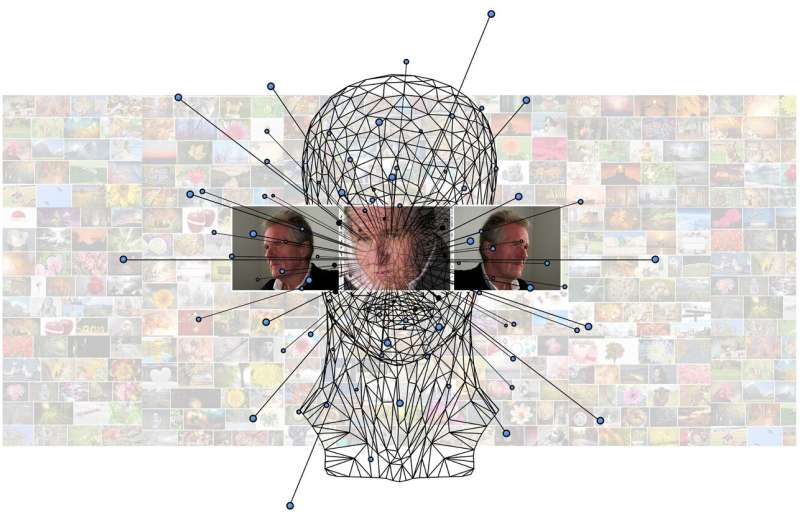
Using data from a 2002 game show, a Virginia Commonwealth University researcher has taught a computer how to tell if you are lying.
In a 1st, scientists combine AI with a 'minibrain' to make hybrid computer Live Science - December 17, 2023
Researchers plugged a "brain organoid" into an artificial intelligence system, using the neural tissue to help complete computational tasks. The experiment could mark a step toward "biocomputers." To boost the computing power of artificial intelligence (AI), researchers have combined run-of-the-mill machine learning with a sophisticated 3D model of the human brain made of different types of brain tissue grown in the lab. These miniature models of the brain, known as cerebral organoids or "minibrains," have existed in various forms since 2013. But they've never been harnessed as a way to augment AI.
AI Demonstrates Superior Performance in Predicting Breast Cancer SciTech Daily - June 8, 2023
AI algorithms outperformed traditional clinical risk models in a large-scale study, predicting five-year breast cancer risk more accurately. These models use mammograms as the single data source, offering potential advantages in individualizing patient care and enhancing prediction efficiency.
Most Aliens May Be Artificial Intelligence, Not Life as We Know It Scientific American - June 1, 2023
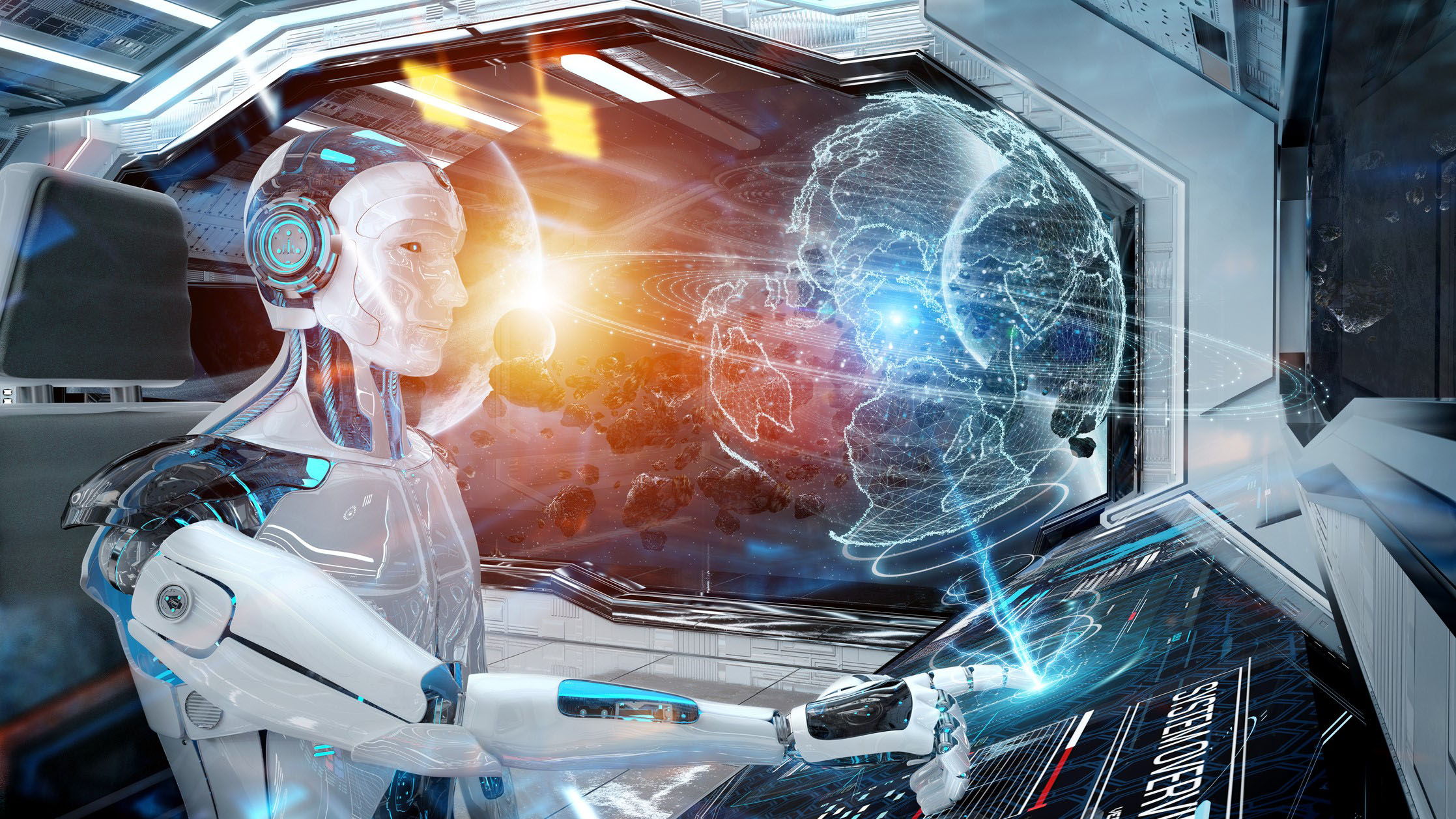
In a world where AI's impact is growing, exactly what is consciousness? Medical Express - May 2, 2023
![]()
Rumors of artificial intelligence becoming sentient abound. In July of 2022, a Google engineer claimed that an AI chatbot he was working with had become self-aware. The same AI recently passed the Turing Test, once considered the gold standard for determining if something was human. Uncertainty about consciousness also extends into the animal kingdom. The U.K. recently declared that octopuses, lobsters and crabs were sentient. Dolphins have demonstrated self-awareness. This is all complicated by the fact that we still don't exactly know what human consciousness is. Science still can't explain it.
Is The Future Of Humanity Transhumanism? Live Science - March 5, 2023
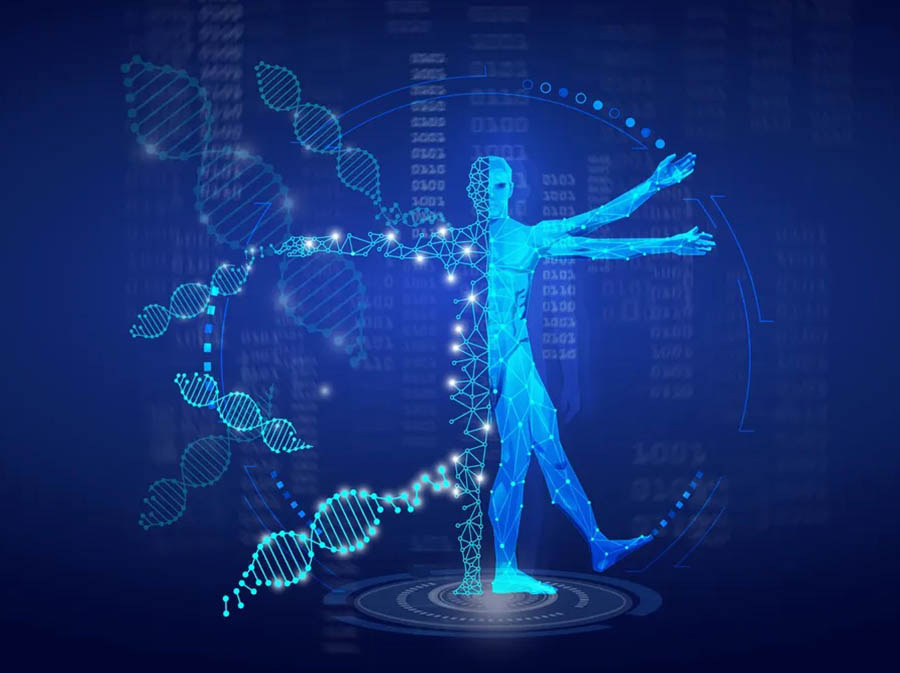
Transhumanism offers humans one of the loftiest goals ever proposed: through science and technology, we hold the power to turbo-charge our senses, edit out our biological frailties, meld minds with computers, and perfect our fleshy bodies to the point where we become something that is beyond human - perhaps something almost God-like. Nietzsche would have a field day.
In decades gone by it was the stuff of science fiction, but we are fast approaching a point where many of these futurist dreams could become reality: CRISPR has made gene editing easier than ever; the gap between the human brain and computers is closing; robotics has never been better; our understanding of biological aging continues to grow. The real question, however, is whether we should embark on such a daring plan?
Not Everything We Call an AI Is Actually Artificial Intelligence. Here's What to Know Science Alert - December 25, 2022
![]()
AI, in the form of ChatGPT, broke free from the sci-fi speculations and research labs and onto the desktops and phones of the general public.
An AI Just Independently Discovered Alternate Physics Science Alert - July 30, 2022
A new AI program developed by researchers at Columbia University has seemingly discovered its own alternative physics. This new AI only looked at videos of a handful of physical phenomena, so it's in no way placed to come up with new physics to explain the Universe or try to best Einstein. This wasn't the goal here.
What alchemy and astrology can teach artificial intelligence researchers PhysOrg - February 21, 2019
Artificial intelligence researchers and engineers have spent a lot of effort trying to build machines that look like humans and operate largely independently. Those tempting dreams have distracted many of them from where the real progress is already happening: in systems that enhance Ð rather than replace Ð human capabilities. To accelerate the shift to new ways of thinking, AI designers and developers could take some lessons from the missteps of past researchers.
AI Can Now Decode Words Directly from Brain Waves Live Science - January 4, 2019
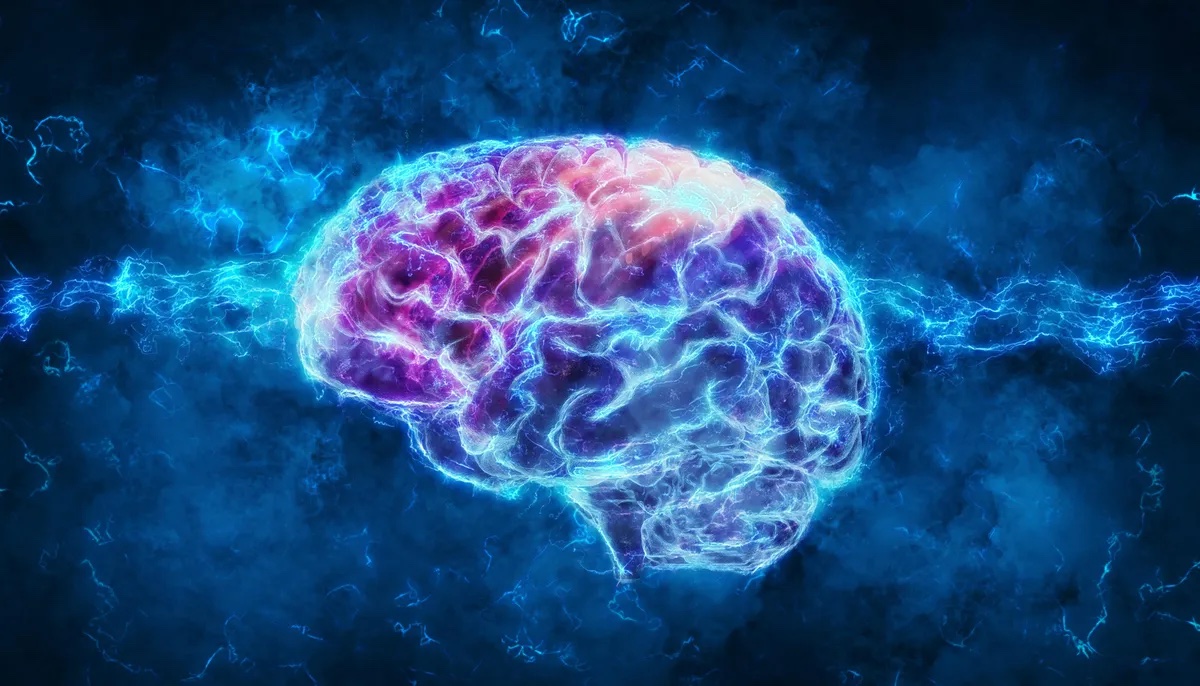
Researchers demonstrated that they could decode speech from recordings of neurons firing.
Artificial intelligence helps track down mysterious cosmic radio bursts PhysOrg - September 11, 2018
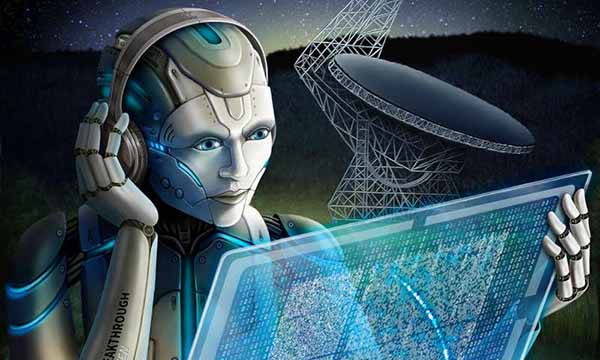
Artificial intelligence is invading many fields, most recently astronomy and the search for intelligent life in the universe, or SETI. Researchers have now used machine learning to discover 72 new fast radio bursts from a mysterious source some 3 billion light years from Earth. Fast radio bursts are bright pulses of radio emission mere milliseconds in duration, thought to originate from distant galaxies. The source of these emissions is still unclear, however. Theories range from highly magnetized neutron stars blasted by gas streams from a nearby supermassive black hole, to suggestions that the burst properties are consistent with signatures of technology developed by an advanced civilization.
AI recreates chemistry's periodic table of elements PhysOrg - June 26, 2018
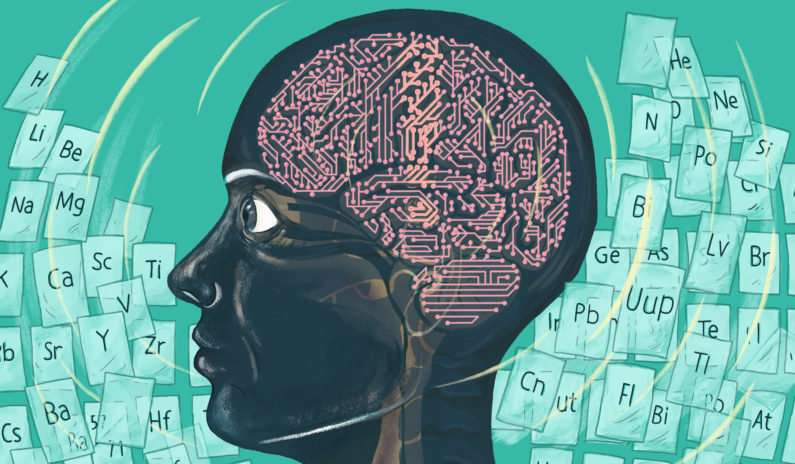
It took nearly a century of trial and error for human scientists to organize the periodic table of elements, arguably one of the greatest scientific achievements in chemistry, into its current form. A new artificial intelligence (AI) program developed by Stanford physicists accomplished the same feat in just a few hours.
Checkmate humanity: In four hours, a robot taught itself chess, then beat a grandmaster with moves never devised in the game's 1,500-year history and the implications are terrifying Daily Mail - December 22, 2017
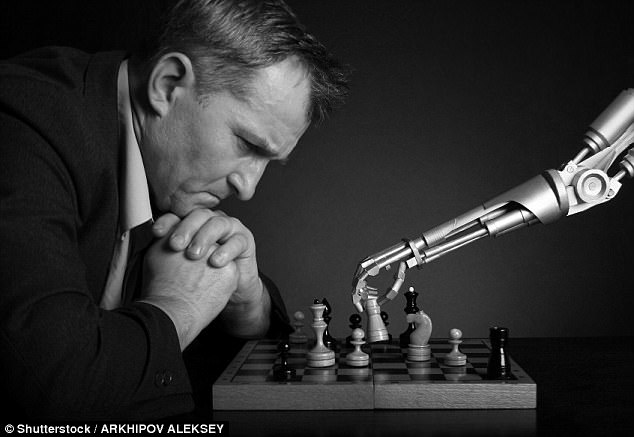
AI could 'replace humans altogether': Professor Stephen Hawking warns that robots will soon be a 'new form of life' that can outperform us Daily Mail - November 6, 2017
Professor Stephen Hawking has issued a chilling warning about the imminent rise of artificial intelligence. During a new interview, Professor Hawking warned that AI will soon reach a level where it will be a 'new form of life that will outperform humans.'Professor Hawking even went so far as to say that AI may replace humans altogether, although he didn't specify a timeline for his predictions.
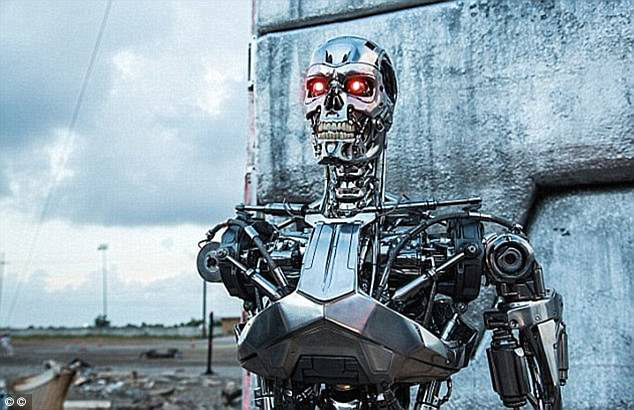
Stephen Hawking warns artificial intelligence could end mankind BBC - December 23, 2017
Prof Stephen Hawking, one of Britain's pre-eminent scientists, has said that efforts to create thinking machines pose a threat to our very existence. He told the BBC:"The development of full artificial intelligence could spell the end of the human race." His warning came in response to a question about a revamp of the technology he uses to communicate, which involves a basic form of AI.
But others are less gloomy about AI's prospects. The theoretical physicist, who has the motor neurone disease amyotrophic lateral sclerosis (ALS), is using a new system developed by Intel to speak. Machine learning experts from the British company Swiftkey were also involved in its creation. Their technology, already employed as a smartphone keyboard app, learns how the professor thinks and suggests the words he might want to use next. Prof Hawking says the primitive forms of artificial intelligence developed so far have already proved very useful, but he fears the consequences of creating something that can match or surpass humans.
Deep-learning vision system anticipates human interactions using videos of TV shows PhysOrg - June 21, 2016
When we see two people meet, we can often predict what happens next: a handshake, a hug, or maybe even a kiss. Our ability to anticipate actions is thanks to intuitions born out of a lifetime of experiences. Machines, on the other hand, have trouble making use of complex knowledge like that. Computer systems that predict actions would open up new possibilities ranging from robots that can better navigate human environments, to emergency response systems that predict falls, to Google Glass-style headsets that feed you suggestions for what to do in different situations. This week researchers from MIT's Computer Science and Artificial Intelligence Laboratory (CSAIL) have made an important new breakthrough in predictive vision, developing an algorithm that can anticipate interactions more accurately than ever before.
1st Fully Bionic Man Walks, Talks and Breathes Live Science - October 19, 2013
He walks, he talks and he has a beating heart, but he's not human - he's the world's first fully bionic man.
Robot's space debut 'giant leap for tin-mankind' PhysOrg - November 2, 2010
Space is about to get its first humanoid from planet Earth. Robonaut 2 - affectionately known as R2 - is hitching a one-way ride to the International Space Station this week aboard the final flight of space shuttle Discovery. It's the first humanoid robot ever bound for space, a $2.5 million mechanical and electrical marvel that NASA hopes one day will assist flesh-and-bone astronauts in orbit.
Robots get artificial skin PhysOrg - July 1, 2010
Robots are breaking barriers: Long banished behind steel barriers, they are entering new fields of application such as the manufacturing, household and healthcare sectors. The requisite safety can be provided by a tactile sensor system, which can be integrated in a floor or applied directly to robots as an artificial skin. A mobile robot carefully transports a sample through a biotech lab where it is surrounded by the routine hustle and bustle. Lab technicians are conversing with one another and performing tests. One technician inadvertently runs into the robot, which stops moving immediately. An artificial skin covering the robot makes this possible.